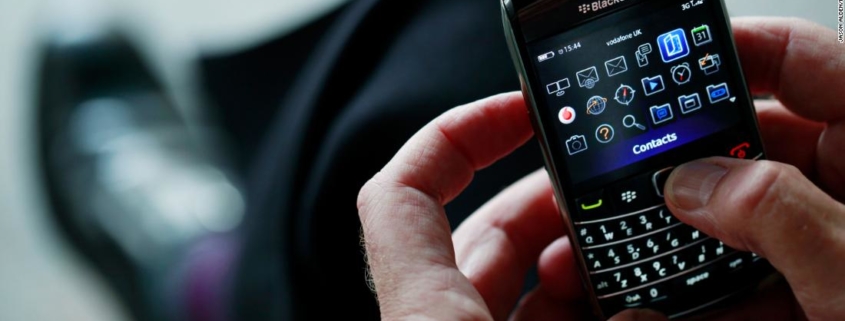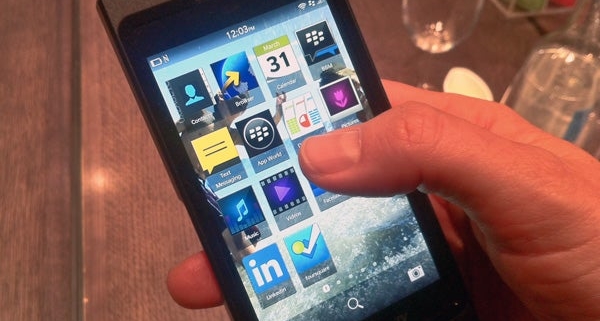State of the Word, Gravatar Breaches, Log4J, Alexa Retires, Lawsuits, and More 🗞️ January 2022 WordPress News w/ CodeinWP
Publishers sue Google and Facebook over ad revenue
In a newly consolidated antitrust lawsuit, more than 30 companies that collectively own 200+ local newspapers are suing Google and Facebook, alleging that the two companies manipulated the digital ad market and caused local publishers to lose money.
The goal of the lawsuit is “to recover past damages to newspapers,” as Axios reports.
As part of the lawsuit, the companies allege that Google and Facebook colluded to maximize Google and Facebook’s take-home of advertising revenue (at the expense of local publishers).
This comes on the backs of another lawsuit from publishers with respect to Google AMP, which we got an unredacted look at in October 2021.
If you’ve been building websites for a while now, you probably remember the massive push to adopt Google’s AMP framework around 2016.
AMP content was supposed to load faster on mobile, thanks to a stripped-down code base and caching on Google’s servers.
Google also gave AMP content special placement in the mobile SERPs, as your site needed to be using AMP to show up in the “Stories” section. Side note – this is no longer the case, in part because of what I’ll discuss below.
Because of this push, a lot of publishers did adopt AMP…and now they also aren’t happy with Google, in large part because of details such as Google’s knowledge that publishers using AMP were getting ~40% less revenue and that AMP might not have actually made things faster (and that Google might have actively throttled non-AMP content).
Put these cases together and you can definitely notice a trend of publishers pushing back against large tech corporations. This is especially true of local media publishers, who are in tough straights with the shift to the digital economy.
Are these the last gasps of a slowly dying industry or will we see meaningful reforms over how large tech companies interact with media publishers? Well, I guess we’ll find out when we see how the lawsuits go.




